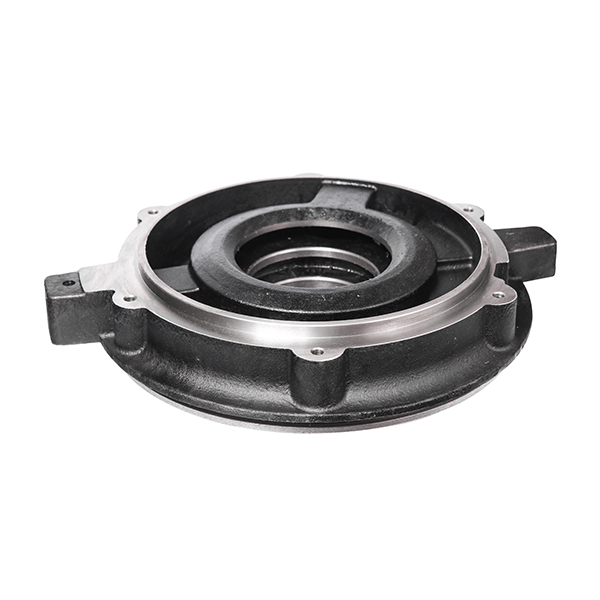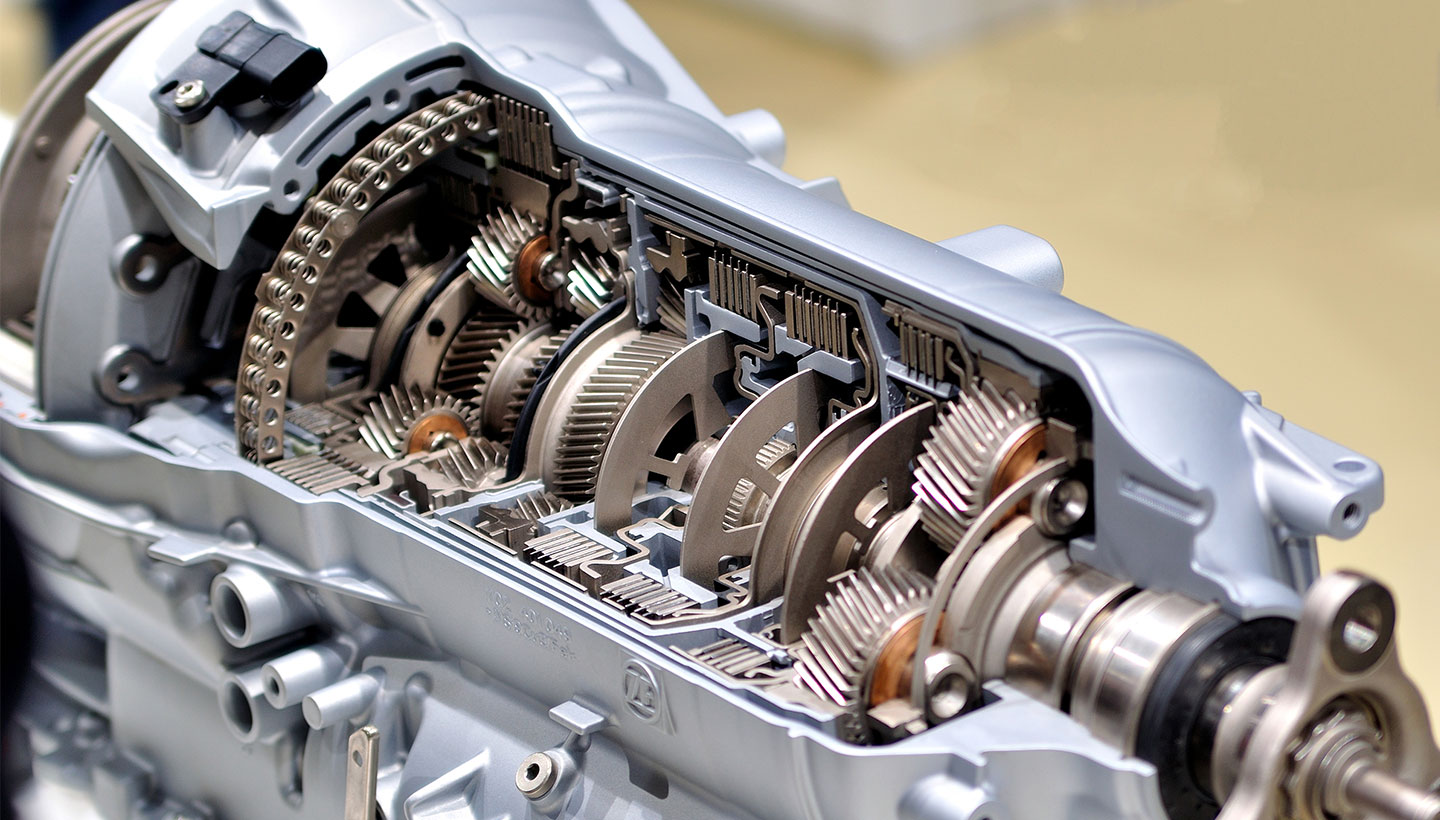Mobile:+86-311-808-126-83
Email:info@ydcastings.com
Mar . 04, 2025 01:36
Back to list
electric water pump for car
Selecting the right electric water pump for a car is crucial for optimal engine performance and longevity. When deviating from traditional mechanical pumps to electric water pumps, hobbyists and professionals alike are met with a blend of skepticism and enthusiasm. By integrating state-of-the-art technology, electric pumps redefine conventional perceptions of engine cooling.
Accurate installation also hinges on correct wiring, ensuring the pump receives appropriate power and signals when needed. Most electric water pumps come with pre-configured wiring harnesses that simplify this step. It's advisable to integrate a dedicated thermostat control unit, allowing users to preset the desired temperature range, therefore granting the pump autonomy in its operation. In terms of authoritativeness, electric water pumps have slowly but surely gained acceptance in professional racing circuits. Numerous racing teams advocate their use for acquiring crucial weight savings, as electric pumps eliminate belts and pulleys from the engine bay. This not only reduces overall engine load but also amplifies balance and handling due to decreased engine component weight. Trust plays a pivotal role in the adoption of new technology. As more renowned manufacturers produce electric water pumps and back them with extended warranties, consumer confidence surges. Verifiable performance improvements, frequently highlighted in automotive journals and forums, have laid down a foundation of credibility. Owners often extol not only the performance gains but the maintenance advantages; fewer moving parts lead to a reduction in life-cycle wear, echoing long-term reliability. In conclusion, the shift towards electric water pumps for cars embodies a blend of modern automotive innovation aligned with practical advancements. When chosen and installed correctly, these pumps provide improved efficiency, a reduction in engine wear, and enhanced reliability. For both casual drivers seeking efficiency and racers craving performance, electric water pumps offer a compelling upgrade, embodying the pinnacle of contemporary engine cooling advancements.


Accurate installation also hinges on correct wiring, ensuring the pump receives appropriate power and signals when needed. Most electric water pumps come with pre-configured wiring harnesses that simplify this step. It's advisable to integrate a dedicated thermostat control unit, allowing users to preset the desired temperature range, therefore granting the pump autonomy in its operation. In terms of authoritativeness, electric water pumps have slowly but surely gained acceptance in professional racing circuits. Numerous racing teams advocate their use for acquiring crucial weight savings, as electric pumps eliminate belts and pulleys from the engine bay. This not only reduces overall engine load but also amplifies balance and handling due to decreased engine component weight. Trust plays a pivotal role in the adoption of new technology. As more renowned manufacturers produce electric water pumps and back them with extended warranties, consumer confidence surges. Verifiable performance improvements, frequently highlighted in automotive journals and forums, have laid down a foundation of credibility. Owners often extol not only the performance gains but the maintenance advantages; fewer moving parts lead to a reduction in life-cycle wear, echoing long-term reliability. In conclusion, the shift towards electric water pumps for cars embodies a blend of modern automotive innovation aligned with practical advancements. When chosen and installed correctly, these pumps provide improved efficiency, a reduction in engine wear, and enhanced reliability. For both casual drivers seeking efficiency and racers craving performance, electric water pumps offer a compelling upgrade, embodying the pinnacle of contemporary engine cooling advancements.
Latest news
-
Impeller Technology That Powers Precision in Pump SystemsNewsMay.22,2025
-
Valve Durability Begins with Quality Cast Iron ComponentsNewsMay.22,2025
-
Performance Cooling with Advanced Automobile Water Pump SolutionsNewsMay.22,2025
-
How Motor Housing and Oil Pans Shape Engine PerformanceNewsMay.22,2025
-
How Metal Castings Drive Modern Manufacturing EfficiencyNewsMay.22,2025
-
Exploring the Engineering Behind Valve Body CastingsNewsMay.22,2025
Related PRODUCTS











